The Metaphysical Elements of Ethics
The Metaphysical Elements of Ethics
If there exists on any subject a philosophy (that is, a system of rational knowledge based on concepts), then there must also be for this philosophy a system of pure rational concepts, independent of any condition of intuition, in other words, a metaphysic.
Book Excerpt
* The less a man can be physically forced, and the more he can be morally forced (by the mere idea of duty), so much the freer he is. The man, for example, who is of sufficiently firm resolution and strong mind not to give up an enjoyment which he has resolved on, however much loss is shown as resulting therefrom, and who yet desists from his purpose unhesitatingly, though very reluctantly, when he finds that it would cause him to neglect an official duty or a sick father; this man proves his freedom in the highest degree by this very thing, that he cannot resist the voice of duty.
II. Exposition of the Notion of an End which is also a Duty
We can conceive the relation of end to duty in two ways; either starting from the end to find the maxim of the dutiful actions; or conversely, setting out from this to find the end which is also duty. jurisprudence proceeds in the former way. It is left to everyone's free elective will what end he will choose for his action. But its maxim is determi
Editor's choice
(view all)Popular books in Philosophy
Readers reviews
0.0
LoginSign up
Be the first to review this book
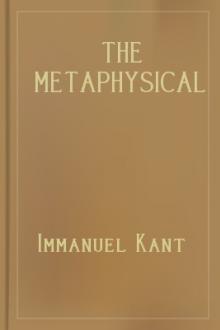
 Free Download
Free Download















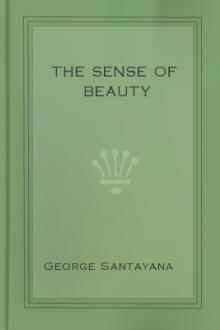




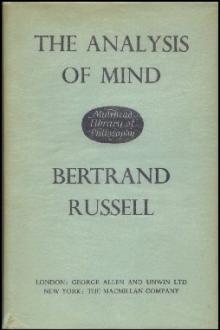
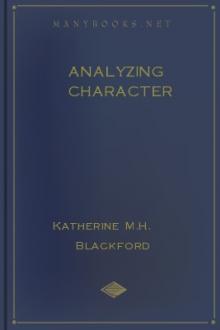

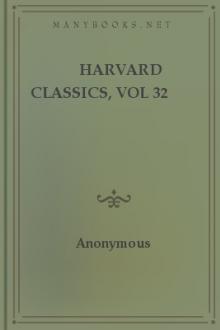
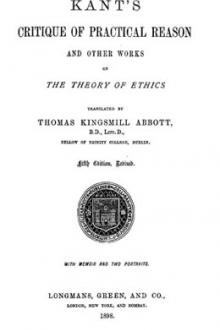
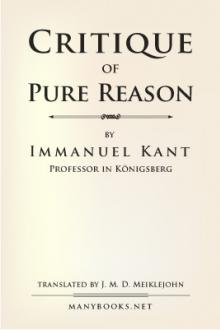



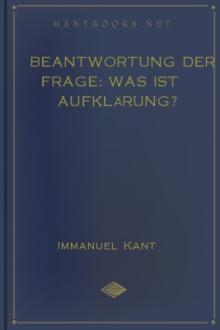





-itok=vcKIB5v1.jpg)